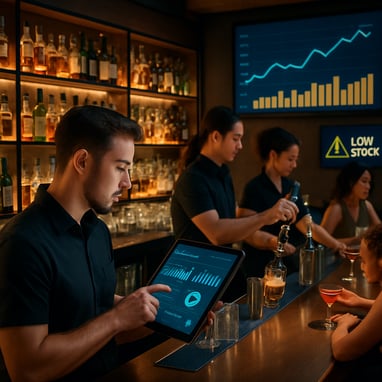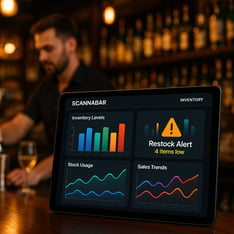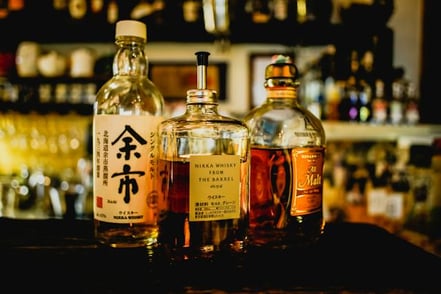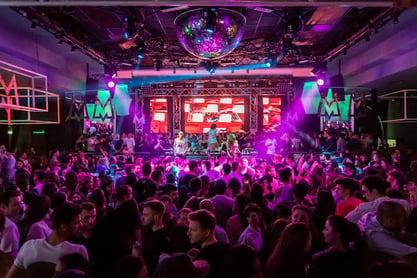Discover the finest sipping tequila brands that will elevate your drinking experience to new heights. From rich flavors to smooth finishes, these luxurious tequilas are perfect for special occasions or treating yourself.
Exploring the Art of Sipping Tequila
Sipping tequila is not just about taking shots or mixing it in cocktails. It is an art that involves savoring and appreciating the flavors and aromas of this exquisite spirit. When you sip tequila, you allow yourself to fully experience the complexity and nuances that each brand has to offer. From the moment the liquid touches your lips to the lingering finish, sipping tequila is a journey of taste and enjoyment.
To truly explore the art of sipping tequila, it is important to take your time. Start by pouring a small amount of tequila into a tulip-shaped glass, allowing the aromas to develop. Swirl the liquid gently and take a moment to inhale the scents that rise from the glass. Notice the subtle hints of agave, oak, and other ingredients that contribute to the unique character of each tequila. Then, take a small sip and let the flavors dance on your palate. Pay attention to the sweetness, spiciness, and overall balance of the tequila. As you continue to sip, you may discover new flavors and aromas that unfold with each taste.
Exploring the art of sipping tequila is a journey that can be enjoyed alone or with friends. It is a chance to appreciate the craftsmanship and dedication that goes into creating each bottle of tequila. So, next time you pour yourself a glass of sipping tequila, take a moment to savor the experience and enjoy the artistry of this unique spirit.
Why Choose Sipping Tequila for a Luxurious Experience
Sipping tequila offers a luxurious experience that is unparalleled by other spirits. The carefully crafted flavors and smooth finishes of sipping tequilas make them perfect for special occasions or for simply indulging in a moment of luxury. Here are a few reasons why you should choose sipping tequila for a luxurious experience:
1. Rich Flavors: Sipping tequilas are known for their complex and rich flavors. From the earthy notes of cooked agave to the hints of vanilla, caramel, and spice, each sip is a symphony of flavors that will delight your taste buds.
2. Smooth Finishes: Unlike other spirits that can leave a harsh burn or aftertaste, sipping tequilas are renowned for their smooth finishes. The careful distillation and aging processes result in a velvety texture that glides across your palate and leaves a lingering warmth.
3. Craftsmanship and Tradition: Sipping tequila is the result of centuries-old traditions and craftsmanship. From the cultivation of agave plants to the distillation and aging processes, every step is carried out with precision and care. By choosing sipping tequila, you are not only indulging in a luxurious experience but also supporting the artisans and producers who dedicate their lives to creating this exceptional spirit.
Whether you are celebrating a special occasion or simply want to treat yourself, sipping tequila offers a luxurious experience that is sure to impress.
Factors to Consider When Selecting a Sipping Tequila
When selecting a sipping tequila, there are several factors to consider to ensure you choose the right brand for your preferences. Here are some key factors to keep in mind:
1. Age: Tequila can be categorized into different age statements, such as blanco (unaged), reposado (aged between 2-12 months), and añejo (aged for at least 1 year). Each age statement offers a different flavor profile, so consider your preferences when it comes to the aging process.
2. Production Method: The production method of tequila can also impact its flavor. Tequilas made from 100% blue agave tend to have a more authentic and robust taste compared to those that contain a mix of other sugars. Additionally, the method of distillation and the type of still used can also affect the final product.
3. Brand Reputation: Consider the reputation of the tequila brand you are considering. Look for brands that have a history of producing high-quality tequilas and have received recognition and awards for their craftsmanship.
4. Price: Sipping tequilas can vary in price range, so it's important to consider your budget when selecting a brand. Keep in mind that higher-priced tequilas often reflect the quality and craftsmanship that goes into producing them.
By considering these factors, you can make an informed decision and select a sipping tequila that suits your taste preferences and provides a luxurious drinking experience.
The Best Sipping Tequila Brands to Try
If you're looking to elevate your sipping tequila experience, here are some of the best brands to try:
1. Don Julio 1942: This añejo tequila is known for its smoothness and rich flavors of caramel, vanilla, and toasted oak. It is a favorite among tequila enthusiasts and is often considered a benchmark for sipping tequilas.
2. Patrón Añejo: Aged for at least 12 months, Patrón Añejo offers a balanced and complex flavor profile. It features notes of sweet agave, vanilla, and oak, with a smooth and velvety finish.
3. Casa Noble Reposado: This reposado tequila is aged for 364 days in French white oak barrels, resulting in a smooth and well-rounded flavor. It showcases notes of agave, oak, and hints of spice.
4. Clase Azul Reposado: Known for its stunning ceramic bottle, Clase Azul Reposado is equally impressive in taste. This tequila offers a silky texture, with flavors of cooked agave, vanilla, and caramel.
5. Fortaleza Añejo: Made using traditional production methods, Fortaleza Añejo is a tequila that embodies the rich heritage of the spirit. It has a complex flavor profile with notes of cooked agave, cinnamon, and dried fruit.
These are just a few examples of the best sipping tequila brands available. Each brand offers its own unique characteristics and flavors, so don't be afraid to explore and discover your personal favorites.
Remember, sipping tequila is all about enjoying the experience and savoring the flavors, so take your time and appreciate the craftsmanship that goes into each bottle.
Pairing Sipping Tequila with Exquisite Food
Sipping tequila is not only a delight on its own but can also be paired with exquisite food to enhance the dining experience. The complex flavors and aromas of sipping tequila can complement a wide range of dishes, from savory to sweet. Here are some ideas for pairing sipping tequila with exquisite food:
1. Cheese and Charcuterie: Tequila pairs wonderfully with a selection of artisanal cheeses and cured meats. The richness of the tequila can balance the flavors of the cheese, while the savory notes of the charcuterie can enhance the agave flavors in the tequila.
2. Grilled Meats: The smoky flavors of grilled meats, such as steak or barbecued ribs, can be enhanced by the bold and robust flavors of sipping tequila. The tequila can cut through the richness of the meat and provide a refreshing contrast.
3. Chocolate Desserts: The sweetness and complexity of sipping tequila can be a perfect match for rich chocolate desserts. Whether it's a decadent chocolate cake or creamy chocolate mousse, the tequila can elevate the flavors and create a harmonious pairing.
4. Spicy Cuisine: Sipping tequila can be a great accompaniment to spicy dishes, such as Mexican or Thai cuisine. The heat from the spices can be balanced by the smoothness of the tequila, creating a harmonious combination of flavors.
When pairing sipping tequila with food, consider the flavors and intensity of both the tequila and the dish. Look for complementary flavors or contrasting elements that can create a well-balanced pairing. Don't be afraid to experiment and discover new flavor combinations that excite your palate.
In conclusion, sipping tequila offers a luxurious experience that combines the artistry of the spirit with the pleasure of indulgence. Whether you're exploring the flavors, choosing the right brand, or pairing it with exquisite food, sipping tequila is sure to elevate your drinking experience to new heights. So, raise a glass and toast to the finest sipping tequila brands for a truly luxurious experience.




 Developing a Profitable Drink Menu
Developing a Profitable Drink Menu Streamlining Inventory Management with Scannabar
Streamlining Inventory Management with Scannabar

 When setting up your home bar, one of the first things to consider is the perfect location. Look for an area in your home that is easily accessible and allows for comfortable seating. It could be a corner of your living room, a dedicated space in your basement, or even a converted closet. Make sure there is enough space to move around and socialize.
When setting up your home bar, one of the first things to consider is the perfect location. Look for an area in your home that is easily accessible and allows for comfortable seating. It could be a corner of your living room, a dedicated space in your basement, or even a converted closet. Make sure there is enough space to move around and socialize.


